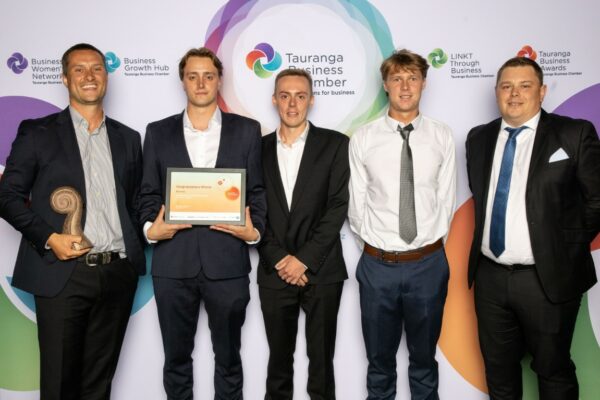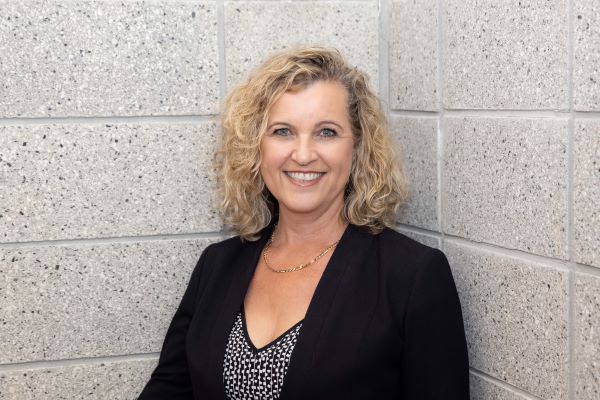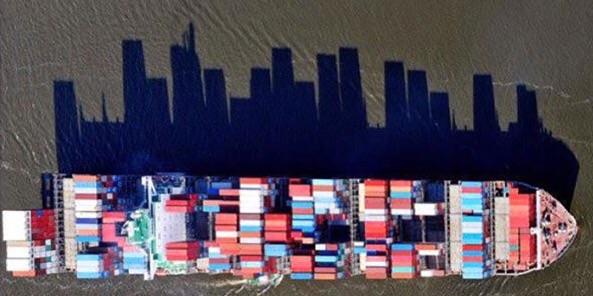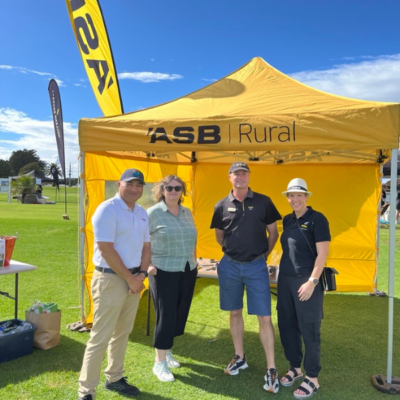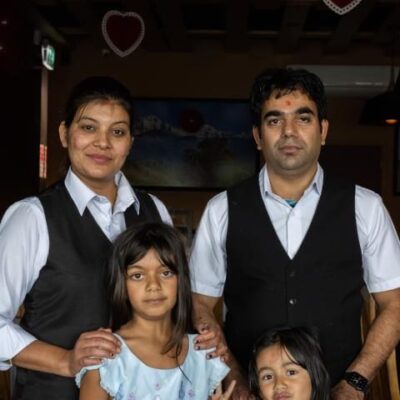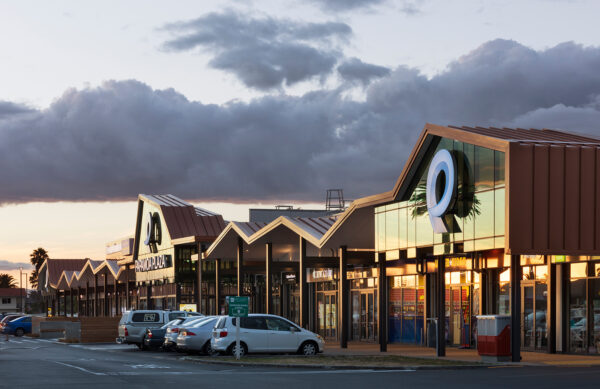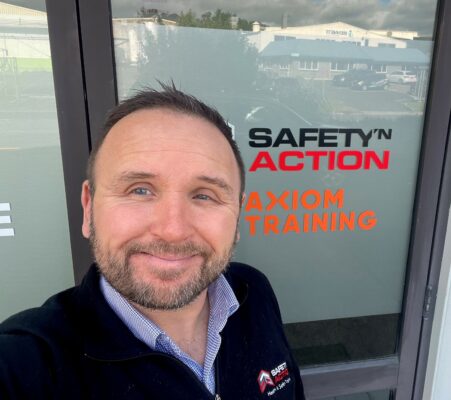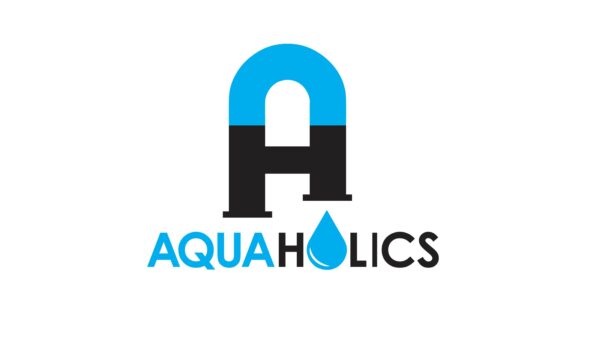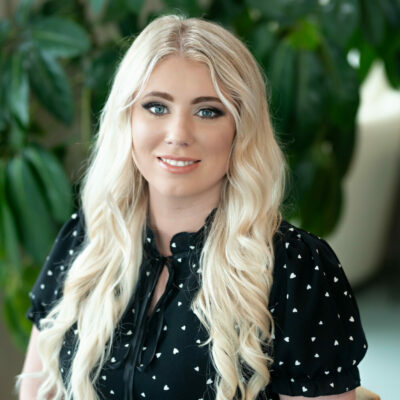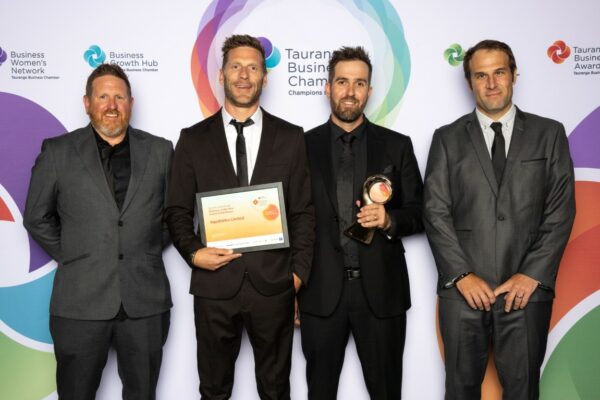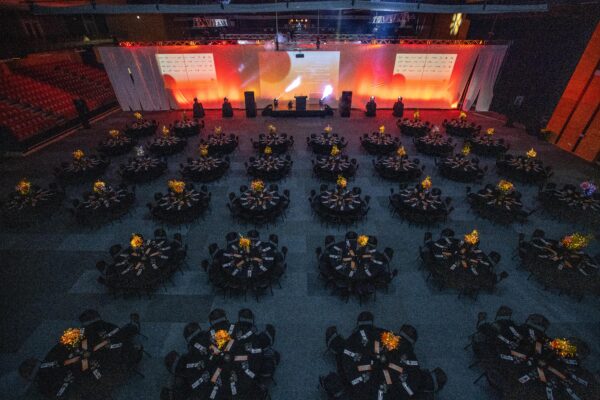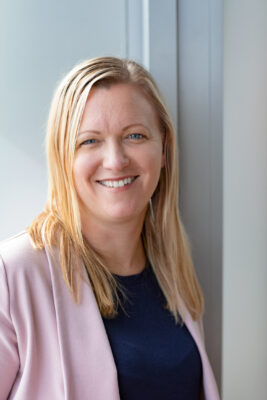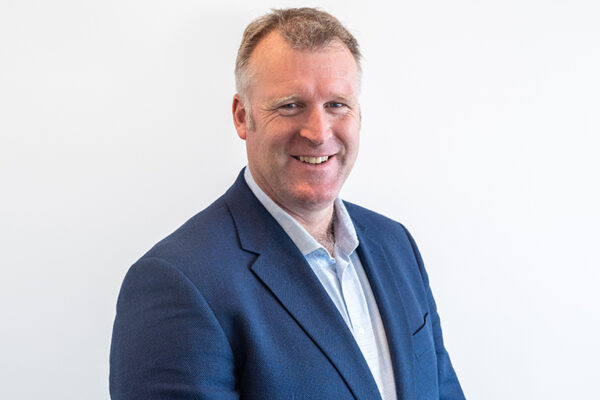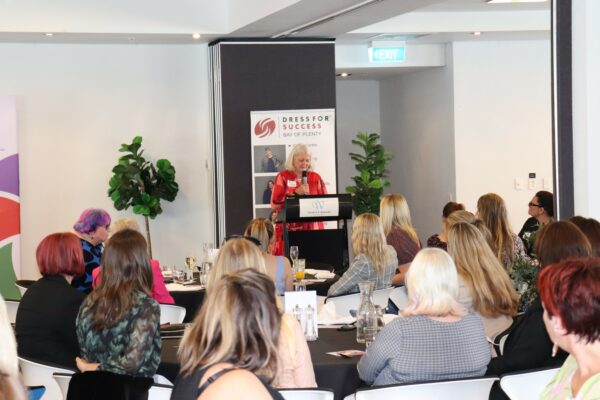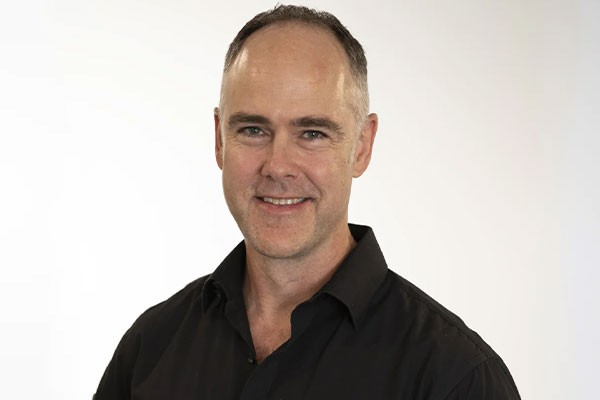Prequalification systems are meant to uphold safety standards. But for many small and medium-sized businesses in New Zealand, they’ve become an increasingly heavy challenge.
Chamber business member McLeod believes this time could be more effectively used on meaningful safety initiatives rather than repetitive paperwork and have therefore adopted the Tōtika system. McLeod’s Health, Safety, and Environment Manager Michelle Thomson explains:
Prequalification is intended to ensure that subcontractors meet certain standards, particularly in areas like Health and Safety. While the concept of prequalification is sound, the sheer number of systems that subcontractors must navigate is a serious problem.
Small to medium businesses in New Zealand are dealing with too many prequalification systems that take time away from what matters: keeping our people safe. For McLeod, over 70 prequalifications are completed each year, which demands approximately 20% of the annual work time of the HSE Manager.
Instead of fostering innovation and better practices, these multiple prequalifications often demand standardised, boilerplate responses that do little to reflect the real-world conditions and risks that our teams face.
The situation is poised to become even more complicated with the increasing use of artificial intelligence which is seeping into these prequalification processes.
Many of these systems are already fully online, with minimal human interaction. As AI becomes more prevalent, there’s a risk that the process will become even more automated and detached from the realities of our work.
New prequalification systems are constantly being introduced and the proliferation of these is getting out of hand. It’s a paperwork pushing exercise with the same questions being answered over and over again.
Overseas based systems are not always a good fit for New Zealand businesses with different terminology being used, and questions more focussed on topics such as Modern Slavery than what businesses have in place to protect their workers. Each client requires different information, leading to unnecessary duplication, wasted time, and significant cost.
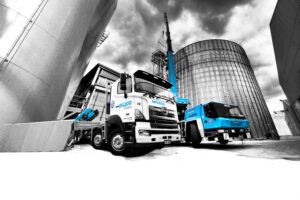
As part of the recent Health and Safety Reform feedback, McLeod made a submission to Government on how much time completing prequalifications is taking small to medium businesses.
In the face of these changes, McLeod remains committed to maintaining our high standards of safety and operational excellence.
While these reforms present challenges, they also underscore the importance of robust, efficient safety systems that truly reflect our commitment to our employees and clients.
We have adopted the Tōtika system, which simplifies prequalification by providing a single, industry-wide standard.
Tōtika is designed to reduce the need for repetitive work on submissions, saving both contractors and clients time and money.
However, not every organisation is on board with Tōtika yet, which means we’re still battling the issue of multiple prequalification demands.
To help address this, we’ve written a letter to encourage clients and contractors to recognise Tōtika certification and help reduce the proliferation of redundant parts of prequalification systems. We are already receiving positive feedback from our clients on this.
We are working hard to bring back real value in health and safety through audit-based assessments and adopting national standards like Tōtika to create a system where prevention is the priority, and everyone benefits. We are pushing back on our customers to accept, and potentially use, Tōtika as the standardised prequalification system in New Zealand.
